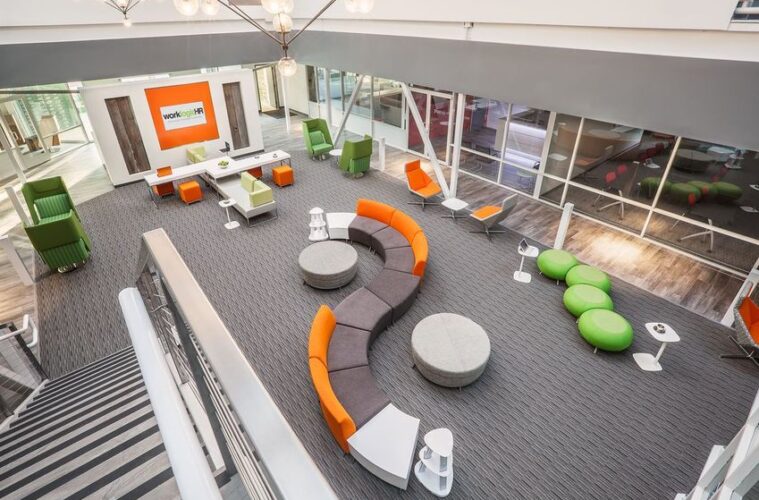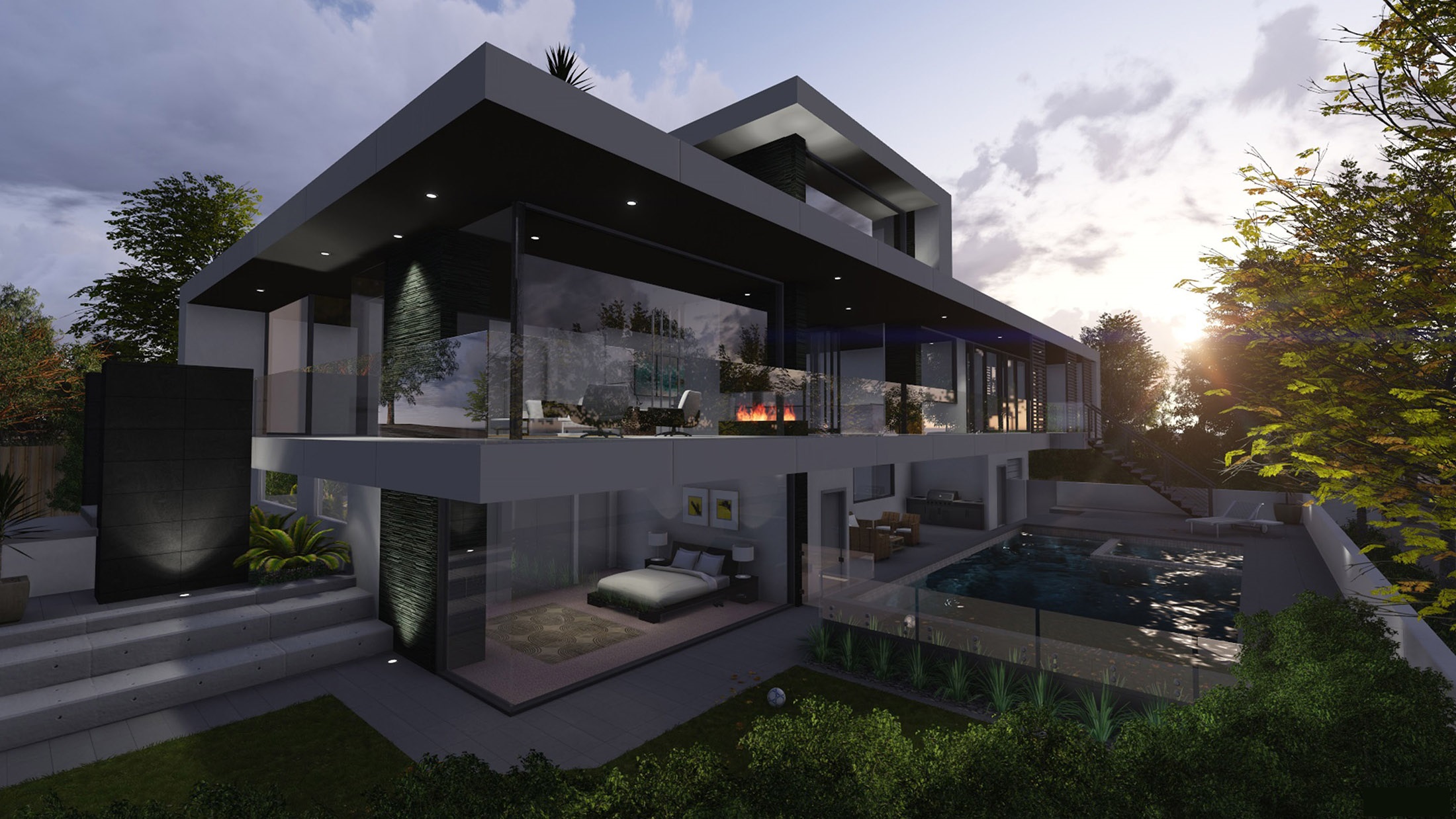In the realm of modern architecture, the significance of commercial seating cannot be overstated. These elements are not merely functional; they contribute profoundly to the aesthetic and practical aspects of public and commercial spaces. From stylish barstools in a trendy café to ergonomic chairs in a bustling office, the right seating can transform an environment. Moreover, the current landscape of commercial seating merges function with ecological consciousness. Today’s designs often emphasize sustainability, incorporating eco-friendly materials and processes. This shift reflects not only a change in architectural styles but also a deeper awareness of environmental responsibilities, making each piece of furniture a statement in both design and sustainability. Recognizing this, CSPEvents.com offers a diverse range of commercial seating products, blending style with functionality to meet the dynamic needs of contemporary architecture.
The Evolution of Commercial Seating in Architecture:
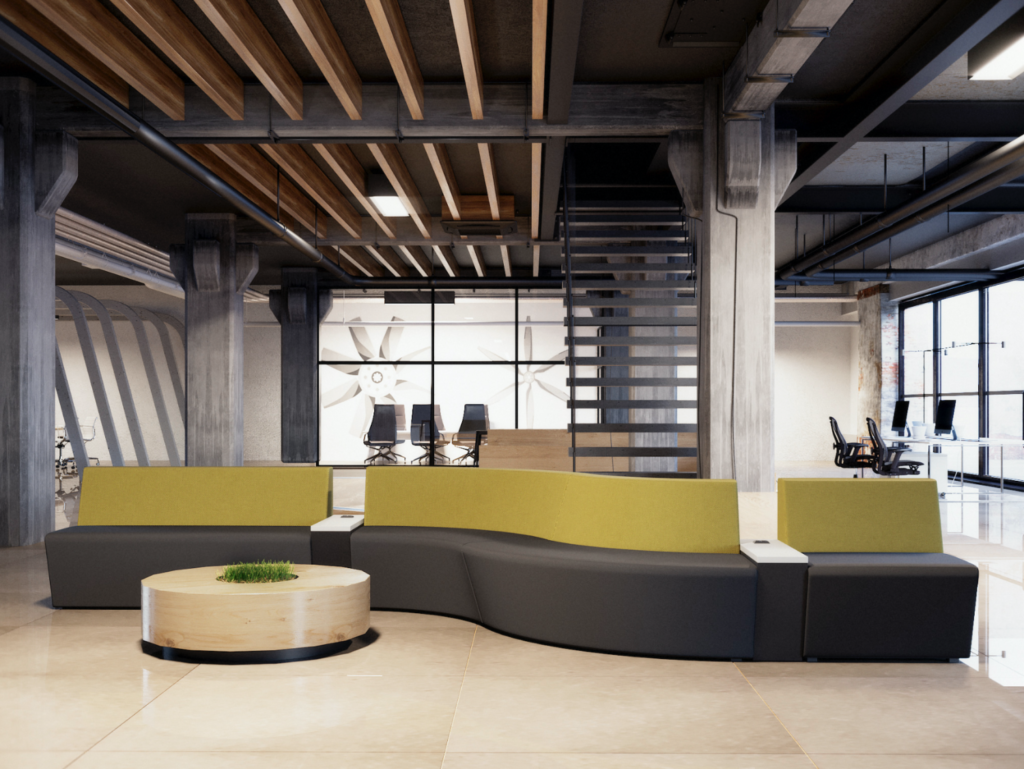
source: pinterest.com
Commercial seating has come a long way from the rigid, purely utilitarian designs of the past. Historically, seating served basic purposes with little consideration for comfort or style. Today, it stands at the intersection of art and ergonomics, reflecting broader trends in design and culture. As architecture has evolved to become more user-centric and visually diverse, so too has the design of chairs, barstools, tables, and accessories. They are no longer just furniture but vital components that complement and enhance the architectural vision. This evolution also mirrors the shift towards more dynamic architectural spaces like open-plan offices and communal public areas. Seating designs have adapted to these environments, emphasizing flexibility and interaction. Modular seating arrangements that encourage collaboration in workspaces and communal seating in public areas like parks and museums have become increasingly popular, showing how seating design keeps pace with architectural innovations.
Variety and Versatility of Commercial Seating Products:
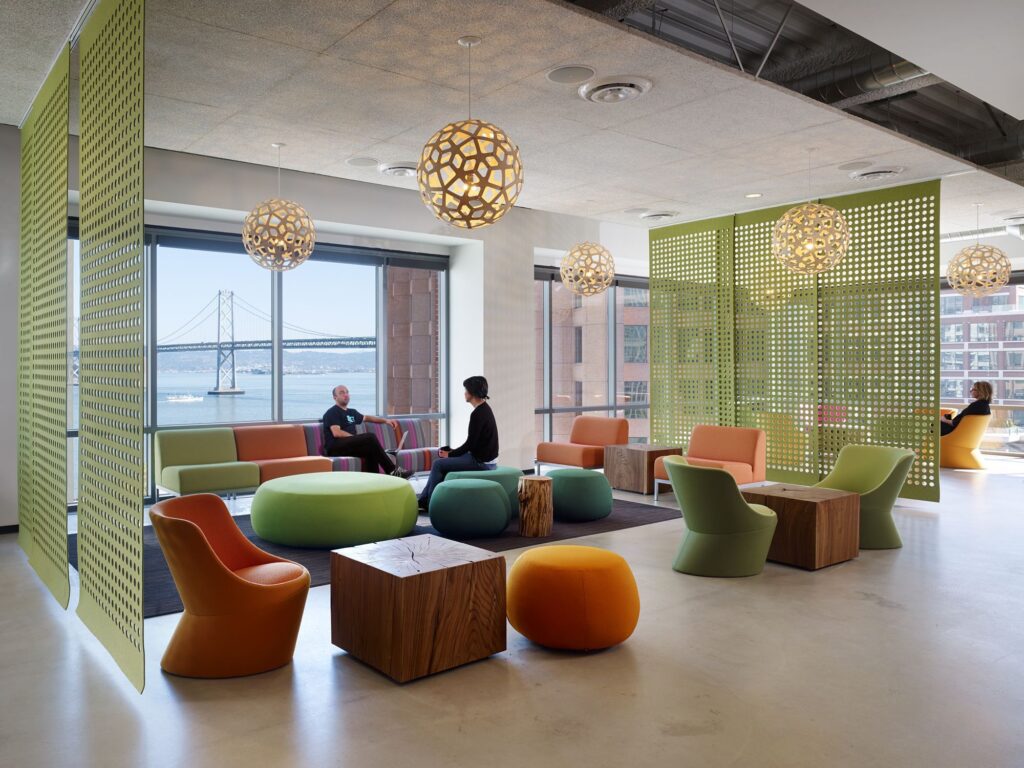
source: pinterest.com
The spectrum of commercial seating products available today is vast. Chairs in commercial spaces range from minimalist designs for modern offices to ornate pieces for luxury hotels. Barstools now feature adjustable heights and ergonomic features, accommodating diverse settings from high-end bars to casual eateries. Tables, too, have transformed, with modular designs allowing for flexibility in layout and use. Accessories like cushions, armrests, and even integrated technology further enhance functionality and comfort, making these products not just part of the architecture but an extension of it. Material innovation plays a pivotal role in the design of commercial seating. Designers now routinely use a range of materials, from sustainably sourced wood and recycled plastics to advanced, durable fabrics. Additionally, there’s a growing focus on inclusive design. Seating solutions are being crafted to cater to a diverse range of users, ensuring that comfort and accessibility are paramount, thus broadening the appeal and functionality of these pieces.
Customization and Design Alignment:
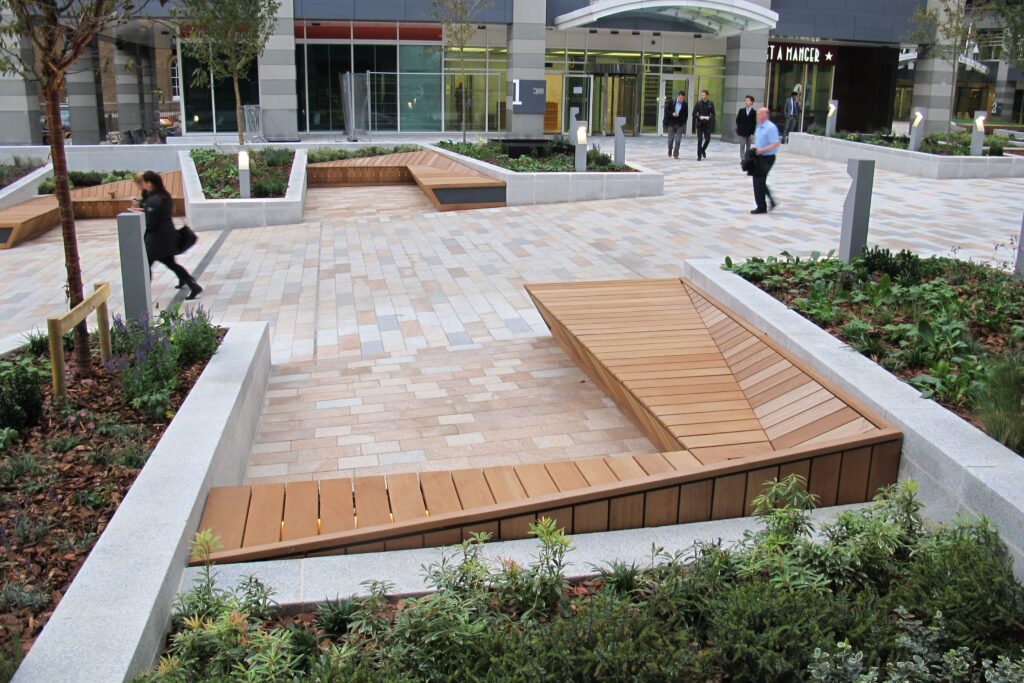
source: pinterest.com
One of the key aspects of commercial seating today is the ability to customize. Architects and interior designers often work closely with manufacturers to create pieces that align perfectly with the overall architectural theme. This can mean customizing the color, fabric, or even the structure of the seating to fit a specific aesthetic or function. For example, a bespoke set of barstools can echo the geometric patterns of a building’s façade, or office chairs can be upholstered to match the corporate colors of a business, creating a cohesive and immersive environment. The customization process often involves close collaboration using advanced tools like CAD software, allowing designers to visualize how the seating will integrate into the space before it’s even manufactured. This ensures that each piece not only fits the aesthetic of the space but also meets specific functional needs, whether it’s for an intimate café or a sprawling corporate headquarters.
The Economic Advantage of Wholesale Purchases:
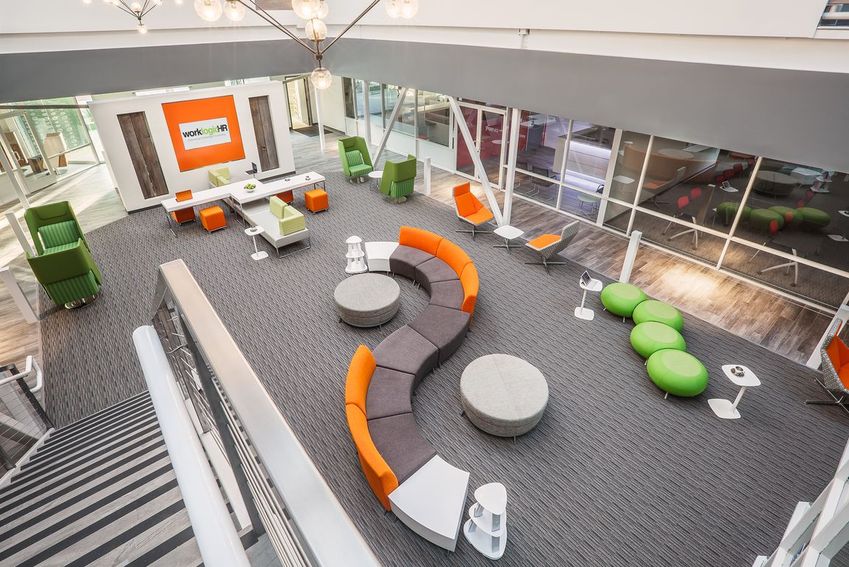
source: amazon.com
Beyond aesthetics and functionality, economic considerations play a crucial role in the selection of commercial seating. Purchasing these products wholesale can offer significant cost savings, especially for large-scale projects. This is where CSPEvents.com excels, offering a wide range of seating options at wholesale prices. Buying in bulk not only reduces the cost per unit but also ensures consistency in design and quality across the space, a crucial factor in maintaining the integrity of the architectural design. Investing in high-quality commercial seating is not only about aesthetic appeal; it’s also an economic decision. Durable, timeless designs mean less frequent replacements and enduring appeal. CSPEvents.com recognizes this, offering products that are not only competitively priced but also built to last, making them a wise investment for businesses looking for both style and substance in their furnishings.
In conclusion, commercial seating is a pivotal element in modern architecture, serving both functional and aesthetic purposes. The right choice of chairs, barstools, tables, and accessories can elevate a space, aligning with and enhancing the architectural vision. For architects, designers, and business owners looking to make informed choices in seating, CSPEvents.com stands as a premier resource, offering a vast array of options at wholesale prices, ensuring both quality and affordability.

